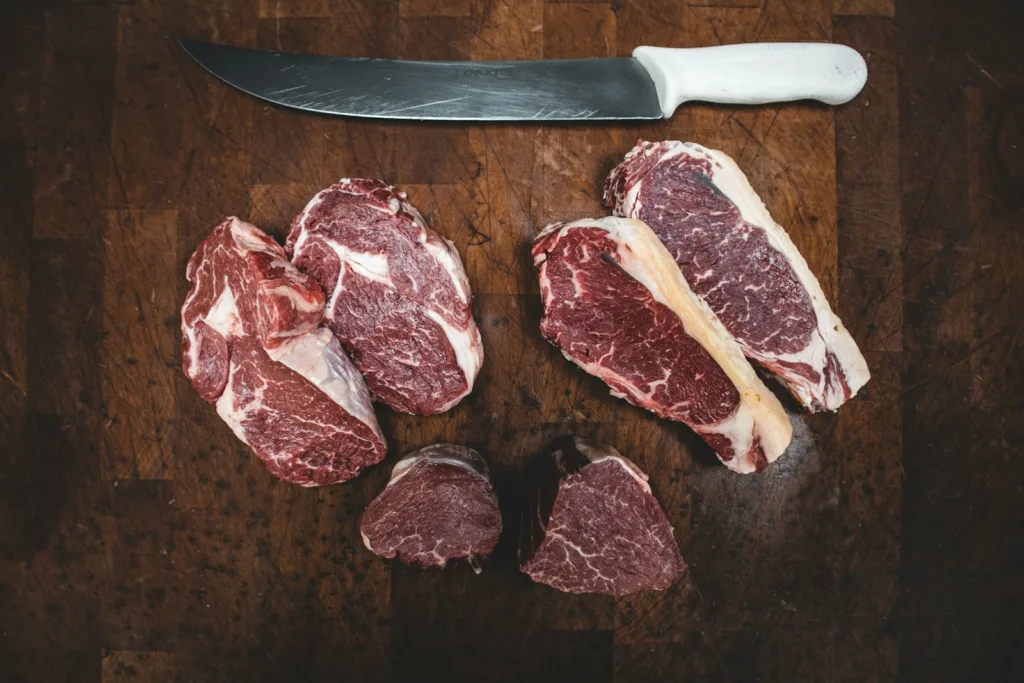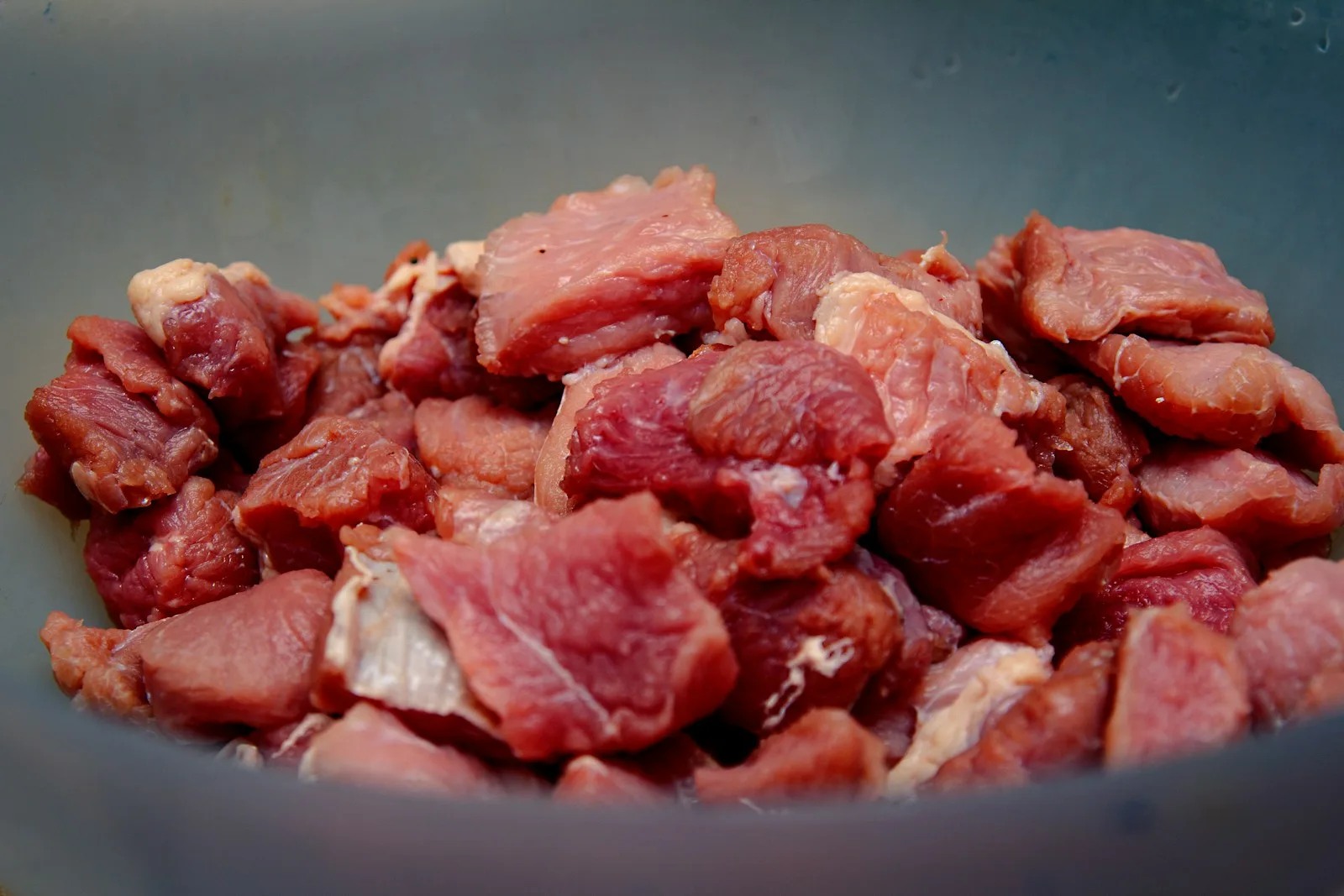
Table of Contents
When it comes to food safety, it is important to be careful. Understanding how to properly handle and cook meat, fish, and poultry is important to reduce the risk of foodborne illness. However, there’s one step that some people may have learned from family or some misguided advice they’ve seen online that can make you really sick: washing raw chicken. This is what makes it such a terrible idea.
It’s common knowledge that washing raw chicken helps get rid of germs and makes it safer to cook. However, experts in food safety say that this process is dangerous in addition to being unnecessary. Washing raw chicken can contaminate your kitchen surfaces, utensils, and other items with splatters of pathogens like salmonella and campylobacter. This process greatly increases the risk of foodborne illness, known as cross-contamination.
Generally raw chicken contains bacteria but after cooking it is removed. Chicken meat is safe to eat when it is cooked to an internal temperature of 165°F (75°C), as this ensures the destruction of any harmful bacteria. Cleaning them beforehand increases the chance of spreading bacteria and provides no additional safety benefits.
Why You Should Never Rinse Raw Chicken
Some home cooks (and maybe some chefs in the restaurant industry) think that washing raw chicken might help get rid of germs like Salmonella. Although it is feasible, it is not at all required. However, harmful germs may be eliminated from chicken by cooking it to the necessary internal temperature of 165° F.
However, it goes beyond just a question of lost time. The U.S. Department of Agriculture claims that washing chicken promotes the growth of dangerous microorganisms. According to a USDA observational study conducted in 2019, 60% of sinks used for washing chicken contained germs, and the bacteria persisted long after the sinks were cleaned. Cross-contamination is a major risk since chefs rinse goods like lettuce and other vegetables in drains.
It’s not only the sink where hens may transmit infection. due to the water’s powerful impact surface—the uncooked chicken—there’s high potential for contaminated water to splash nearby targets, like clean preparation surfaces, dishes, or uncovered food.
Why People Rinse Chicken
The practice of washing chickens dates back to the days when raw meat was sold. Rinsing was a justified procedure because, at the time, it was common for meat to be stored without any cleaning, residue or other impurities. This approach was popularized by well-known cooks such asJulia Child. However, according to modern food regulations, the chicken is already cleaned and rinsed before packaging.
Disposable paper towels can be used to absorb the remaining water from raw chicken and then thrown away immediately. Additionally, any sponges used for cleaning that come into contact with raw poultry should be thrown away rather than reused. If possible, rinse any vegetables before handling raw chicken.
Marinating Raw Chicken
While some choose to marinate raw chicken in an acidic solution, remember that vinegar, lime, and other spices only add flavor; They do not affect the level of bacteria or kill them. Additionally, any marinade you use should be considered tainted and thrown away as soon as you’re done with it.
How Long Does Raw Chicken Last in the Fridge?
If you’re dealing with spoiled meat, proper food handling and cooking techniques don’t matter. The USDA advises that people do not keep raw chicken in the refrigerator for more than two days. You can freeze it or boil it.
READ | This friendly breed of chicken lays 300 eggs a year


1 thought on “Raw Chicken: Reasons to Never Wash It”